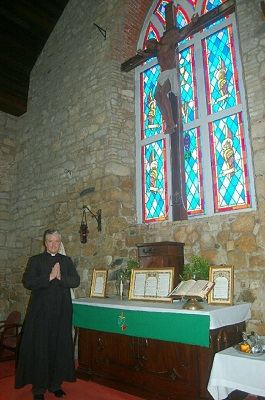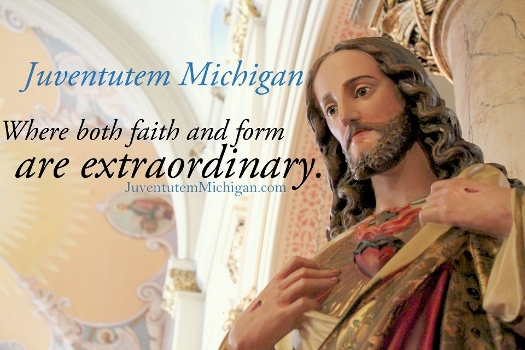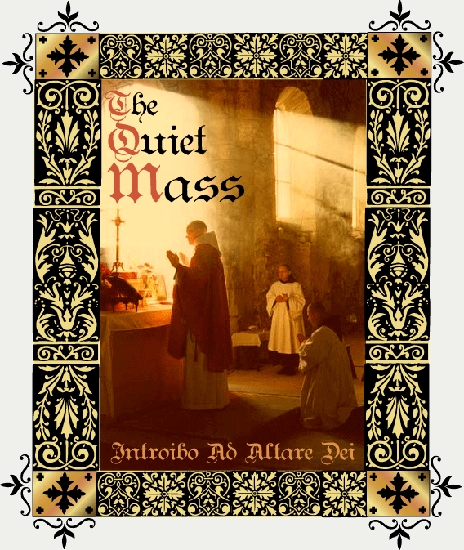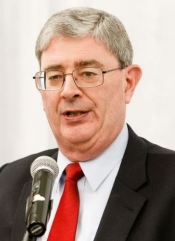In The Kingdom of Speech—a runner-up for WORLD’s 2016 Book of the Year in the Science, Math, and Worldviews category—Tom Wolfe has fun with Darwinism and then linguistic theory. Wolfe sees Charles Darwin as an ambitious but fearful upper-class Brit beaten to the punch on natural selection by the lowly Alfred Russel Wallace, and evolution as a fable for atheists, about as reliable as the Apache belief that the universe began with a ball of dirt from which a scorpion pulled strands that became earth, sun, moon, and stars. (Wolfe calls that “the original version of the current solemnly accepted—i.e., ‘scientific’—big bang theory, which with a straight face tells us how something, i.e., the whole world, was created out of nothing.”) In the excerpt below, courtesy of Little, Brown and Company, Wolfe recounts how Wallace undermined his and Darwin’s “child.” —Marvin OlaskyRead more >>
The comment by Guy Noir - Private Eye: "Tom Wolfe, eviscerated by reviewers but caring less! If I have to pray for the souls of vocal and opinionated non-believers, I'll choose his, even while celebrated Jesuits may cringe!" Amen, brother!

 Fr. Eduard Perrone, "
Fr. Eduard Perrone, "






 Why is it that Catholic bishops seem to be plumping for Muslims? Why do they issue statements about Islam that are dishonest and misleading? Why do they appear to be so intent on protecting the image of Islam? If you’ve asked yourself these questions, you’re not alone. Given current events and the historical record of Islam’s aggressive campaigns against the Christian West, the rational thinker could be forgiven for believing that the leaders of the Christian world might just want to pay a bit more attention to contemporary anti-Christian violence — thousands of terror attacks, beheadings, stabbings, kidnappings, rapes, torching of churches and Christian-owned businesses — committed by Muslims, in the name of Islam.
Why is it that Catholic bishops seem to be plumping for Muslims? Why do they issue statements about Islam that are dishonest and misleading? Why do they appear to be so intent on protecting the image of Islam? If you’ve asked yourself these questions, you’re not alone. Given current events and the historical record of Islam’s aggressive campaigns against the Christian West, the rational thinker could be forgiven for believing that the leaders of the Christian world might just want to pay a bit more attention to contemporary anti-Christian violence — thousands of terror attacks, beheadings, stabbings, kidnappings, rapes, torching of churches and Christian-owned businesses — committed by Muslims, in the name of Islam.

 A Review of George Weigel’s
A Review of George Weigel’s 


